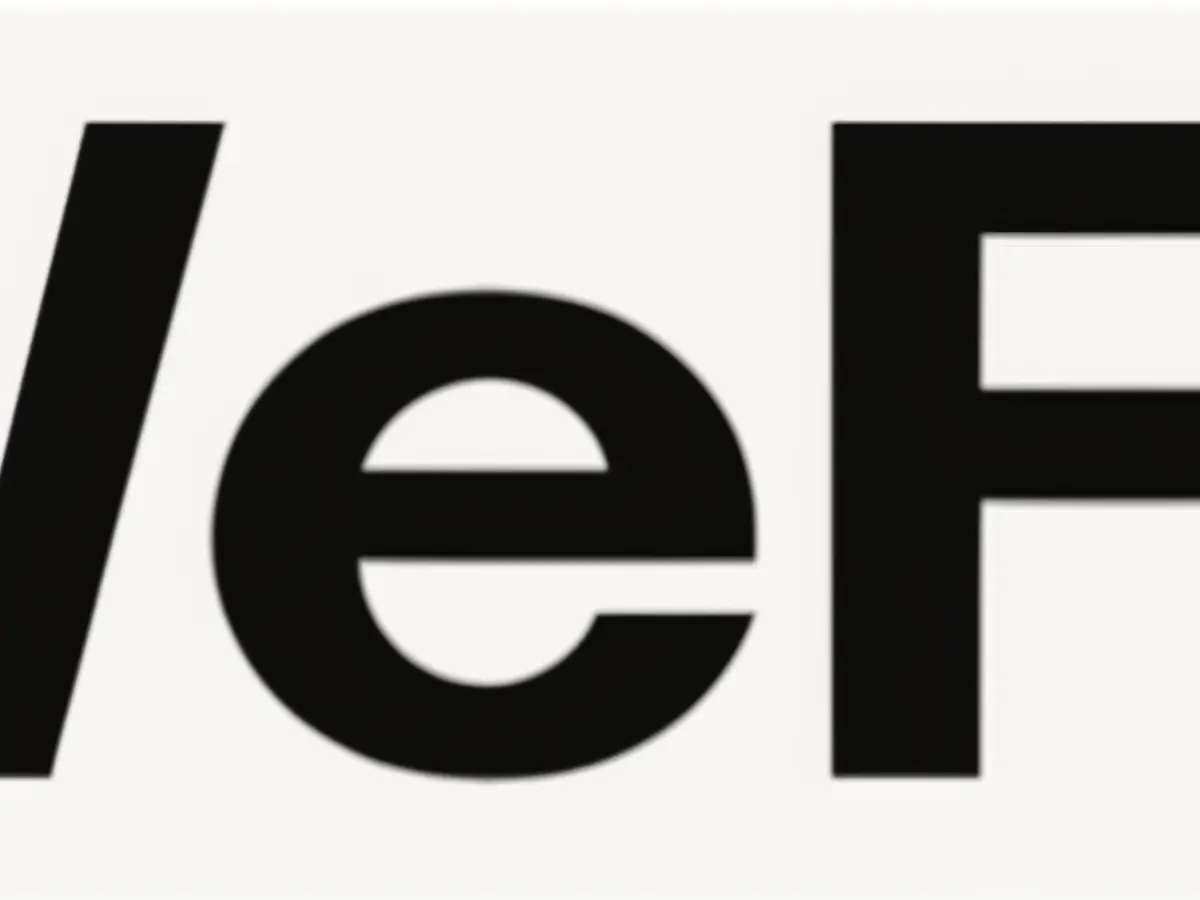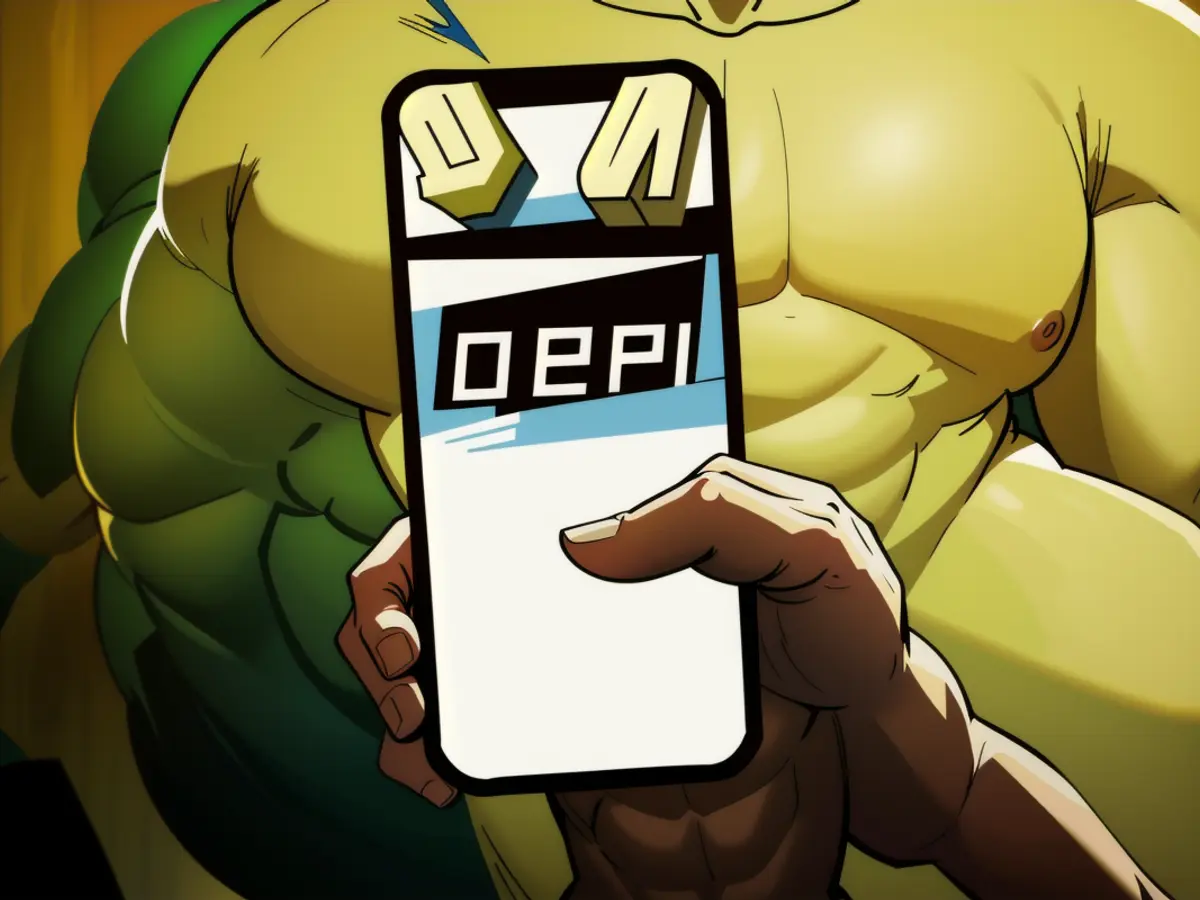Exploring the Convergence of Decentralized Finance and Regular Banking Services: Pivotal Step towards Widespread Acceptance?
Traditional finance has long operated within the confines of centralized systems, characterized by rigidity, opacity, and inaccessibility. Enter the digital disruptors, neobanks like Revolut, Chime, and Monzo, offering user-friendly apps, reduced fees, and real-time financial insights. However, they share the same centralized limitations as their ancestors, failing to unlock the full potential for user empowerment.
Decentralized Finance (DeFi), a revolutionary departure from traditional banking, burst onto the scene. Built on blockchain technology, DeFi consists of a borderless, intermediary-free financial system, giving users direct control. Lending, borrowing, yield farming - activities once restricted to financial institutions - now flourish in this borderless digital realm, accessible to anyone with an internet connection. Yet, DeFi's complexity and lack of intuitive interfaces keeps it out of reach for the average consumer.
Could a happy medium emerge, bridging the gap between centralized systems' convenience and DeFi's decentralization? Introducing "Deobanks," short for Decentralized Onchain Banks. Pioneered by WeFi, co-founded by Maksym Sakharov, Deobanks offer the user-driven, intermediary-free experiences of DeFi wrapped in the ease of digital banking.
"Neobanks modernized banking interfaces, but their core remains tied to legacy systems, limiting true innovation," explains Sakharov. "Deobanks like WeFi are redefining financial services by harnessing blockchain technology to build a more inclusive and equitable financial ecosystem."
Could DeFi's complexity deter end-users? Emerging platforms such as Fiat24 and Cashaa explore hybrid models, integrating traditional finance and blockchain technology. Fiat24, operated under a Swiss banking license, offers on-chain IBAN accounts and payment services on Ethereum, merging regulatory compliance with blockchain transparency. Cashaa caters to crypto businesses with multi-currency accounts and lending solutions, bridging digital assets with traditional banking.

WeFi adopts a similar hybrid approach in its initial phase, combining traditional financial services with DeFi tools. Sakharov outlines WeFi's vision: "WeFi simplifies decentralized finance by merging familiar banking functions with advanced DeFi tools. Users can save, spend, and borrow, while accessing staking and liquidity pooling for growth. WeFi provides high-yield options, an intuitive Web3 interface, and AI-driven KYC for security, evolving as users gain confidence."
In future phases, WeFi plans to leverage LayerZero for seamless cross-chain transactions, enabling users to transfer assets freely across various blockchain networks, tapping into broader DeFi opportunities. WeFi intends to extend DeFi into daily finance, offering yield optimization, virtual cards, instant loans, real-time FX conversion, and WeFi ATMs, bridging digital and traditional finance effortlessly.
However, Deobanks' decentralized nature introduces regulatory complexities, including AML/CFT measures, FATF Travel Rules, and securities and commodities laws. Emerging projects like WeFi must navigate these challenges, ensuring compliance while preserving their decentralized ethos.
By implementing unique strategies such as AI-driven compliance, token-based governance, cross-platform transparency, an educational focus, and integration with traditional finance, DeFi apps like WeFi can make decentralized finance accessible while maintaining their decentralized nature.
- The digital bank Revolut, along with other neobanks, offers convenience and reduced fees, but their centralized limitations prevent full user empowerment.
- DeFi lending, borrowing, and yield farming are now accessible to the masses due to the borderless nature of Decentralized Finance (DeFi).
- Despite its complexity, DeFi requires simpler interfaces to reach the average consumer, something that Deobanks like WeFi aim to provide.
- Fiat24 and Cashaa are exploring hybrid models, integrating traditional finance and blockchain technology to merge regulatory compliance with blockchain transparency.
- WeFi, a Deobank, plans to offer high-yield options, an intuitive interface, and AI-driven KYC, merging traditional financial services with advanced DeFi tools for a seamless user experience.








